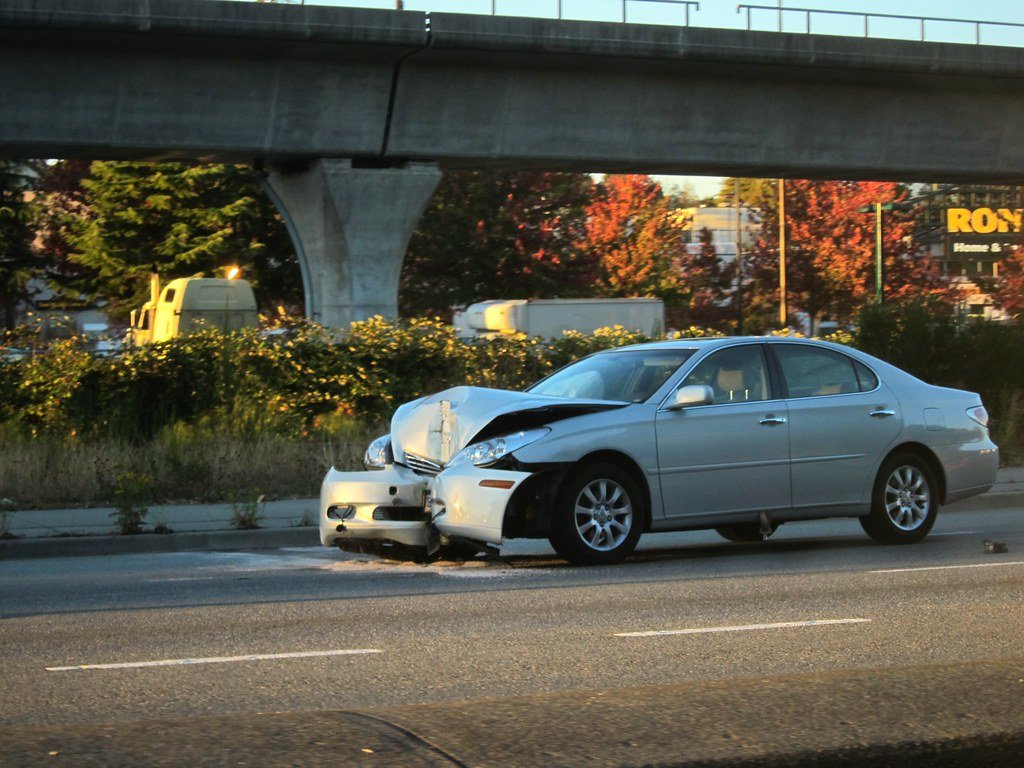No-Fault Model vs. Litigation-based Model
In May 2021, ICBC implemented a new model of auto insurance. Under the old, litigation-based model, a victim of a car accident could sue the driver responsible for the crash. Injured parties could file court claims against responsible drivers and receive compensation for the pain and suffering they experienced. ICBC would usually reach settlements with those victims or pay the victims the amount determined by the courts when those matters went to trial.
Under the new, no-fault insurance model, injured parties can no longer sue the responsible insured driver for their injuries. ICBC will investigate the accident, assess how much each injury has impaired the injured parties, and provide claimants with pre-determined amounts of compensation for the types of injury they have sustained. Compensation is not tailored to the particular effects of the injury on their lives. The legislation that establishes the no-fault system sets out fixed amounts that claimants will be entitled to for each type of injury, regardless of how the injured party is uniquely affected by that injury.
Under the no-fault system, ICBC awards compensation to victims only for injuries they sustained during the accident that is the subject of their claim. Compensation no longer takes into account a victims’ previous injuries and the extent to which the present accident has aggravated pre-existing conditions.
What No-Fault Insurance Covers
Even though car accident victims can no longer seek compensation for their injuries through the courts, the new system expands the range of benefits they receive to address their ongoing needs in recovering from their injuries and returning to their lives.
Income Replacement Benefits
BC residents who are unable to work because of injury in a car accident may be eligible to receive income replacement compensation. These benefits are capped at 90% of your net income, up to a maximum of $119,000 in gross annual income. People whose income exceeds $119,000 can purchase optional Income Top-up coverage to increase the benefits cap.
Benefits recipients cease to be eligible for income replacement benefits once they are:
- able to do the same job they were doing at the time of the accident;
- available to work in the same type of employment 6 months after the accident;
- obtain employment that pays as much as or more than their employment at the time of the accident;
- eligible for a retirement income benefit.
Medical and Rehabilitation Costs
Under the no-fault system, ICBC provides Enhanced Accident Benefits to people injured in car accidents. These benefits entitle injured parties to payment for or reimbursement of necessary and reasonable medical and rehabilitation-related treatments. These can include physiotherapy, registered massage therapy, chiropractic care, clinical counselling, kinesiology. They may also include treatment such as dental care, prescription medication, home support, home and vehicle modifications, and alternative treatments.
ICBC will review the medical reports and notes of care providers and determine the number of sessions of treatment an injured party will receive, up to 12 weeks of treatment. After that, the injured party will have to provide evidence to ICBC to demonstrate why further treatment will be necessary for their recovery.
Permanent Injuries
People who experience a permanent injury or functional impairment may be entitled to additional types of compensation. These include permanent impairment benefits, recreational benefits and increased personal care benefits. For some permanent injuries, ICBC will provide lump-sum payments. People who incur a “catastrophic injury”, such as quadriplegia, paraplegia, severe brain injuries, amputation or vision loss, will receive the maximum lump sum impairment benefit amount under the Permanent Injury Regulation.
Vehicle Damage
If you are not responsible for the crash, ICBC no-fault insurance will cover the costs of repairing your vehicle damage up to $200,000. This claim will not affect your insurance premiums because you were not responsible for the accident.
At-Fault Drivers
At-fault drivers will not face any consequences for an accident other than increases in their insurance premiums. Their insurance policy will cover compensation and benefits for their own injuries, and they will not face any other financial repercussions for the victims’ injuries.
Challenging ICBC’s Decision on Benefits
If you disagree with ICBC’s decision about your no-fault benefits, you may apply to the Civil Resolution Tribunal for a ruling about what benefits you are entitled to.
If you are concerned about the benefits available to you after an accident, or need help dealing with the complexities of ICBC’s no-fault insurance system, give us a call and we will be happy to assist.
